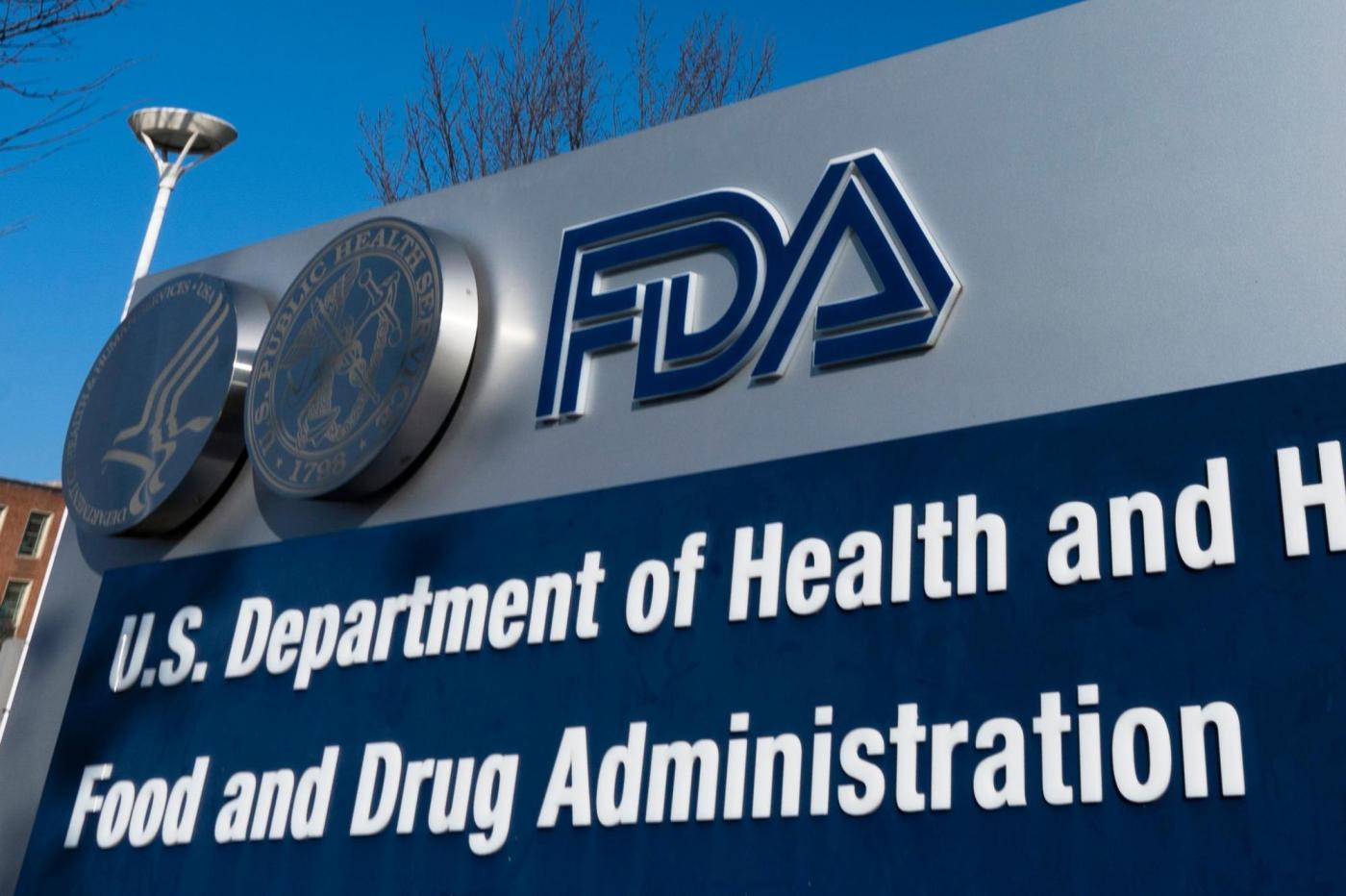
FDA approves first blood test screening for colon cancer
The FDA approved a new blood-based method of colon cancer detection this week — offering a new alternative to catch more cases of a leading cause of cancer deaths, but one some physicians caution is not without drawbacks.
The Shield test, manufactured by Guardant Health, uses a blood draw to test for colorectal cancer in adults 45 and older who have an average risk of colorectal cancer. The test has been on the market for an $895 out-of-pocket price, but FDA approval is likely to expand access and insurance coverage of the option.
It is the first blood test approved by the FDA as a primary screening option for the cancer and the first blood test of its kind to meet the requirements for Medicare coverage, the company said in their announcement — meaning it may be able a more accessible, non-invasive screening option for many patients not receiving regular screenings.
A study conducted in March found the test accurately caught only 83% of colon cancer — similar to stool-based tests on the market — and found found few precancerous growths. The data suggests the test is not to be taken as a replacement for colonoscopies, some warn.
“This is good alternative to regular, gold standard screening test, which is colonoscopy,” said Shuji Ogino, chief of the Molecular Pathological Epidemiology program at Brigham and Women’s Hospital. … “The sensitivity, 83%, to me it’s one in six patients, which may not be that great. But though we have to do colonoscopy screening, every one of us, in fact, in reality, not 100% of people are compliant with the guidelines.”
Colorectal cancer is the second leading cause of cancer deaths in the U.S., behind lung cancer, but is treatable if caught early. U.S. doctors recommend healthy adults ages 45 to 75 at average risk for colon cancer receive regular screenings. Gastroenterology studies found as many as three of four patients who died of colon cancer were not up to date on screenings.
The rate of colorectal screening in the U.S. is only about 60%, according to the American Cancer Society, well below below the National Colorectal Cancer Roundtable goal of 80%.
“The persistent gap in colorectal cancer screening rates shows that the existing screening options do not appeal to millions of people,” Daniel Chung, gastroenterologist at Massachusetts General Hospital and Harvard Medical School professor, said in the Guardant release, calling the test a “compelling new solution to close this gap.”
Guardant Health co-CEO AmirAli Talasaz said the company will “launch this test in the near future.”
Ogino argued the “black box” nature of the testing — guarded by the company’s patent process and unchecked by outside physicians — may be cause for caution.
Related Articles
Steward’s Boston, Ayer hospitals doomed, bankruptcy judge rules
Steward’s Nashoba Valley Medical Center closure could mean ‘life or death’ in central Massachusetts
‘Callous, corporate greed’: Officials call out Steward Health Care after announced hospital closures
New Alzheimer’s study generating hope of early detection
Boston City councilors, state senator seek emergency declaration over Steward closures
However, the blood and stool test options provide important new more inexpensive, easily done options for “interval screenings” between colonoscopies, Ogino added, and may also be important to combat rising cases of colorectal cancer in patients under 50 years old.
“With the tests, like the stool tests, blood tests, colonoscopies, I think we can design the best way to offer a patient, a person, — of 40 years and 45 and even 35 something — ways detect cancer early enough,” said Ogino. “It’s a good thing.”


